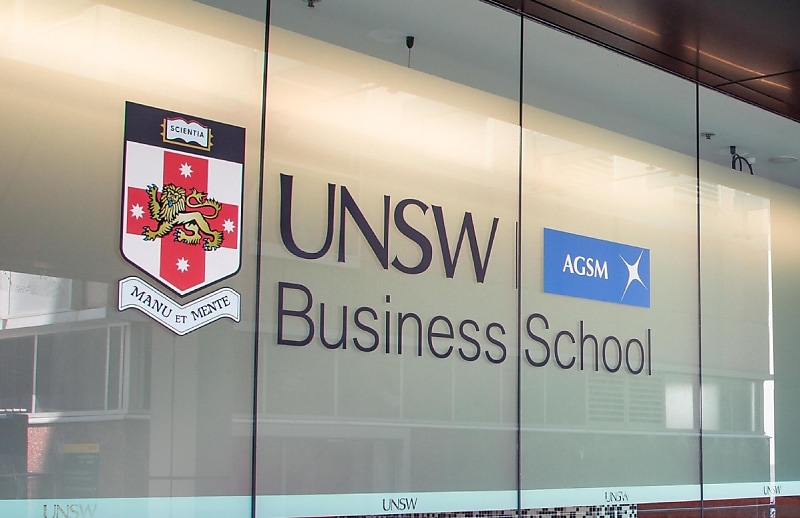The Fair Work Ombudsman (FWO) is gunning for maximum penalties in a legal action against the University of NSW over allegations of record-keeping so “inadequate that made it difficult to identify whether employees had been underpaid”.
The regulator claims that for more than four years from March 2018, UNSW breached laws on record keeping, pay slips and wage frequency so seriously that it should incur a tenfold increase in maximum penalties.
You’re out of free articles for this month
Penalties for the alleged contraventions were up to $66,600 each or up to $666,000 per serious contravention.
The FWO started investigating UNSW in 2020 after it self-reported non-compliance with workplace laws.
It said the investigation had culminated in allegations in the Federal Circuit and Family Court that UNSW breached the Fair Work Act between 2017 and 2022 by:
- Failing to make and keep records of hours, rates of pay and details of loadings and other entitlements owed to casual academic employees.
- Failing to include lawfully required information in pay slips, such as basic pay rates and casual loading.
- Failing to pay staff wages at least monthly for all hours worked. It is alleged that UNSW staff were often unlawfully paid some of their entitlements weeks or even months after they actually performed the work.
The FWO litigation focused on a sample of 66 allegedly affected casual academic staff in UNSW’s Business School, based in Kensington, Sydney.
It alleged that UNSW contravened regulations even though staff in the Business School had been made aware that record-keeping practices were inadequate and that it needed to take action.
Alleged record-keeping breaches that were “committed knowingly and as part of a systematic pattern of conduct” met the definition of serious contraventions under the Fair Work Act, the FWO claimed.
Fair Work Ombudsman Anna Booth said legal action was the appropriate response to the nature and extent of UNSW’s alleged contraventions.
“UNSW is providing the FWO with regular updates on its publicly announced extensive back-payment program but we allege that because of its contraventions, we have not been able to properly verify the university’s self-reported underpayments,” Ms Booth said.
“Record-keeping is a crucial part of compliance with workplace laws, and this litigation and the penalties we will seek are a warning to all employers to prioritise getting records right.”
“It is completely unacceptable for an employer’s record-keeping practices to be so poor that they prevent us from assessing what hours its employees have worked and whether it has paid its employees their full lawful entitlements.”
The UNSW case is just the latest in a string of FWO enforcement actions against universities and Ms Booth said addressing systemic non-compliance in the sector continued to be a focus for the FWO.
The FWO had already begun two court actions against the University of Melbourne and both were ongoing.
“We are committed to driving cultural change in the university sector,” she said. “Universities need to place a much higher priority on investing in governance, human resources and payroll functions to ensure they comply with workplace laws.”
A directions hearing is listed in the Federal Circuit and Family Court in Sydney on 26 October 2023.
Philip King
AUTHOR
Philip King is editor of Accountants Daily and SMSF Adviser, the leading sources of news, insight, and educational content for professionals in the accounting and SMSF sectors.
Philip joined the titles in March 2022 and brings extensive experience from a variety of roles at The Australian national broadsheet daily, most recently as motoring editor. His background also takes in spells on diverse consumer and trade magazines.
You can email Philip on: This email address is being protected from spambots. You need JavaScript enabled to view it.

 Login
Login







